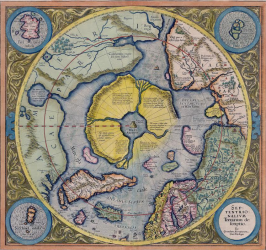Alfred North Whitehead – His Life and Work
DR. RUPERT SHELDRAKE – MORPHOGENETIC FIELDS OF BODY AND MIND
Krishnamurti – How I Became Enlightened
https://youtu.be/VxDomDTgrck
Rolf Sattler – Goethe’s Metamorphosis of Plants
Graham Hancock – Earth’s Lost Civilisation
Rudolf Steiner – On Transhumanism


